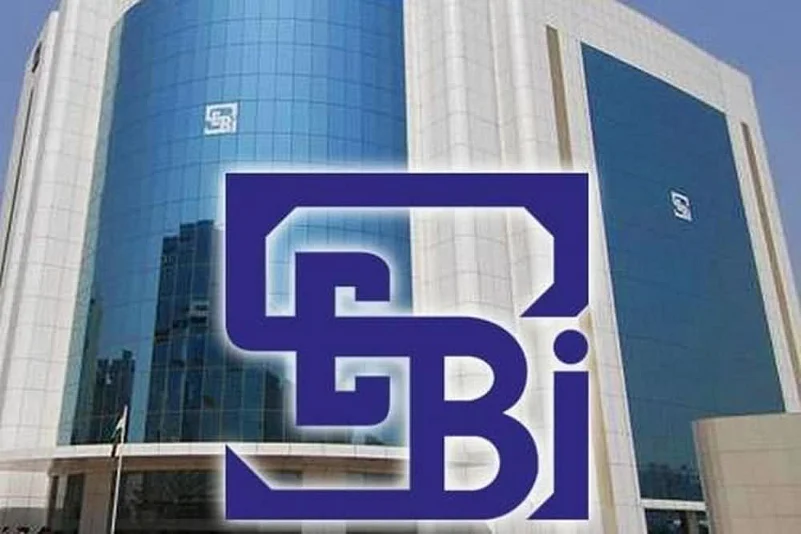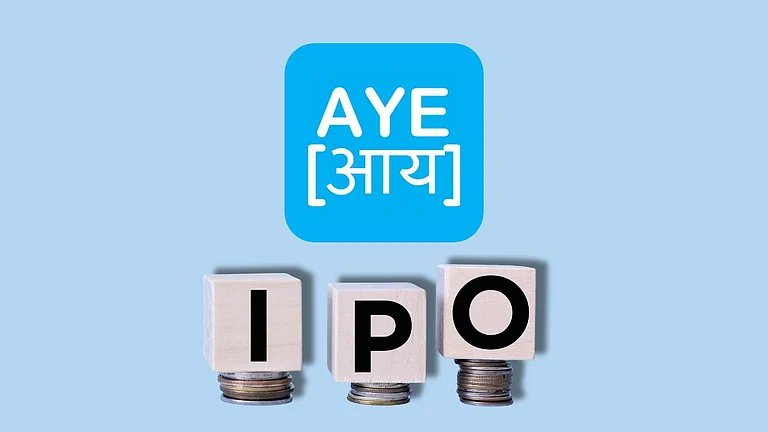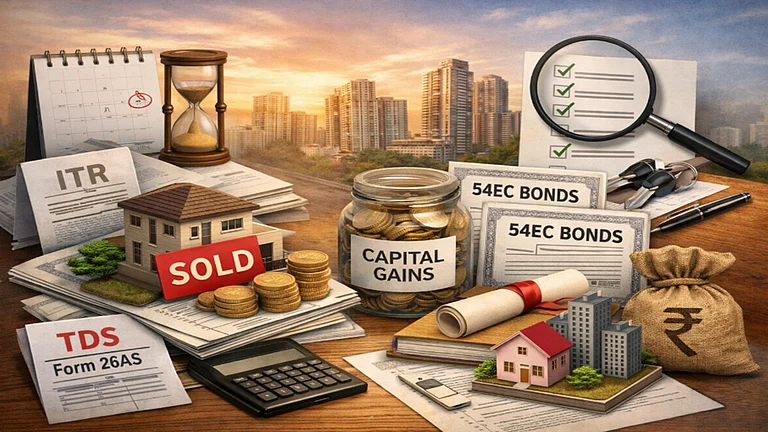The Securities and Exchange Board of India (Sebi) today enhanced the threshold for the basic service demat account (BSDA) to Rs 10 lakh from the previous Rs 2 lakh in a bid to boost the participation of retail investors in the securities market. The BSDA facility, introduced by Sebi in 2012, is a more basic version of a regular demat account. It was introduced to reduce the burden of demat charges on investors with small portfolios.
In a move to enhance financial inclusion and simplify the investment process, the market regulator has introduced a revamped version of this facility. “The initiative is designed to encourage more individuals to hold demat accounts by providing a set of defined services for eligible investors,” the Sebi said.
An individual shall be eligible to opt for BSDA under the following conditions:
a) They have or propose to have only one demat account where the individual is the sole or first holder.
b) The person shall have only one BSDA in his/her name across all depositories.
c) The value of securities held in the Demat account shall not exceed Rs 10 Lakhs for debt and other than debt securities combined at any point in time.
Previously, an individual could hold debt securities worth up to Rs 2 lakh and other than debt securities worth up to Rs 2 lakh in a single demat account to be eligible for BSDA.
Sebi has also reviewed the maximum annual maintenance charges (AMC) for BSDA. As per the latest release, for portfolio values up to Rs 4 Lakh, the annual maintenance charge for a BDSA will be ‘Nil’ and for portfolio values between over Rs 4 lakh and up to Rs 10 lakh, the charges will be Rs 100.
However, if portfolio value exceeds Rs 10 lakh then BDSA will automatically be converted into a regular demat account.
As for the services for BDSA, the Sebi has stated that electronic statements will now be provided free of cost to such account holders whereas physical statements will be charged at Rs 25 per statement.
The market regulator has said the new rules will come into effect starting 1st September 2024.













